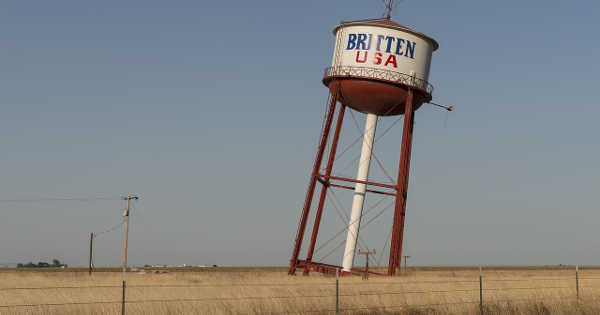
Off-balance sheet refers to assets and liabilities that are not on a company’s balance sheet.
In 2010, ACMEbank held $20 billion in off-balance sheet assets, mainly comprising assets under management.
A common example of an off-balance sheet item is an operating lease, where ownership of the asset being leased is not transferred, such as when leasing a company car. Other common items kept off the balance sheet are assets managed by a company, such as a bank providing a mutual fund account for its client. The bank has no claim to money in such an account, as it would if the money were in a regular bank account. Decisions as to whether or not an item appears on the balance sheet are often a matter of judgment. For example, when a company is being sued it will likely only report a legal liability on its balance sheet if it is more probable than not that the case will go against it and if the potential awards for damages are substantial. Improper decisions not to include items on a balance sheet can mislead investors as to the company’s financial health, as was the case with the infamous bankruptcy of Enron.
Výraz „podrozvahový“ označuje aktiva a závazky, které nejsou v rozvaze společnosti.
V roce 2010 držela ACMEbank 20 miliard dolarů v podrozvahových aktivech, z nichž většina byla spravovaná aktiva.
Běžným příkladem podrozvahových položek je operativní leasing, kdy se vlastnictví pronajímaného aktiva nepřenáší (např. leasing firemního vozu). Ostatní běžné položky, které se nezanáší do rozvahy, jsou aktiva spravovaná společností, například když banka poskytuje účet pro podílový fond svému klientovi. Banka nemá žádný nárok na peníze na takovém účtu, jako by měla v případě, kdyby peníze byly na běžném bankovním účtu. Rozhodnutí, zda položka bude uvedena v rozvaze nebo ne, jsou často otázkou úsudku. Když je například společnost zažalována, pravděpodobně bude ve své rozvaze vykazovat právní závazek pouze, pokud je pravděpodobnější, že rozsudek bude v její neprospěch, a pokud je možné rozhodnutí o škodách v podstatné výši. Nesprávná rozhodnutí nezahrnout položky do rozvahy může být pro investory zavádějící ohledně finančního stavu společnosti, což bylo případem nechvalně známého bankrotu společnosti Enron.
English Editorial Services’ mission is to assist international businesses and organizations of all sizes to communicate clearly, correctly, and persuasively with their business partners and target audiences.
Simply subscribe to receive our Business Term of the Day at no charge to your inbox each business day, with explanation in English and Czech.



English Editorial Services’ mission is to assist international businesses and organizations of all sizes to communicate clearly, correctly, and persuasively with their business partners and target audiences.
Simply subscribe to receive our Business Term of the Day at no charge to your inbox each business day, with explanation in English and Czech.

